General
Schneider Electric to Train One Million Youths in Energy Management
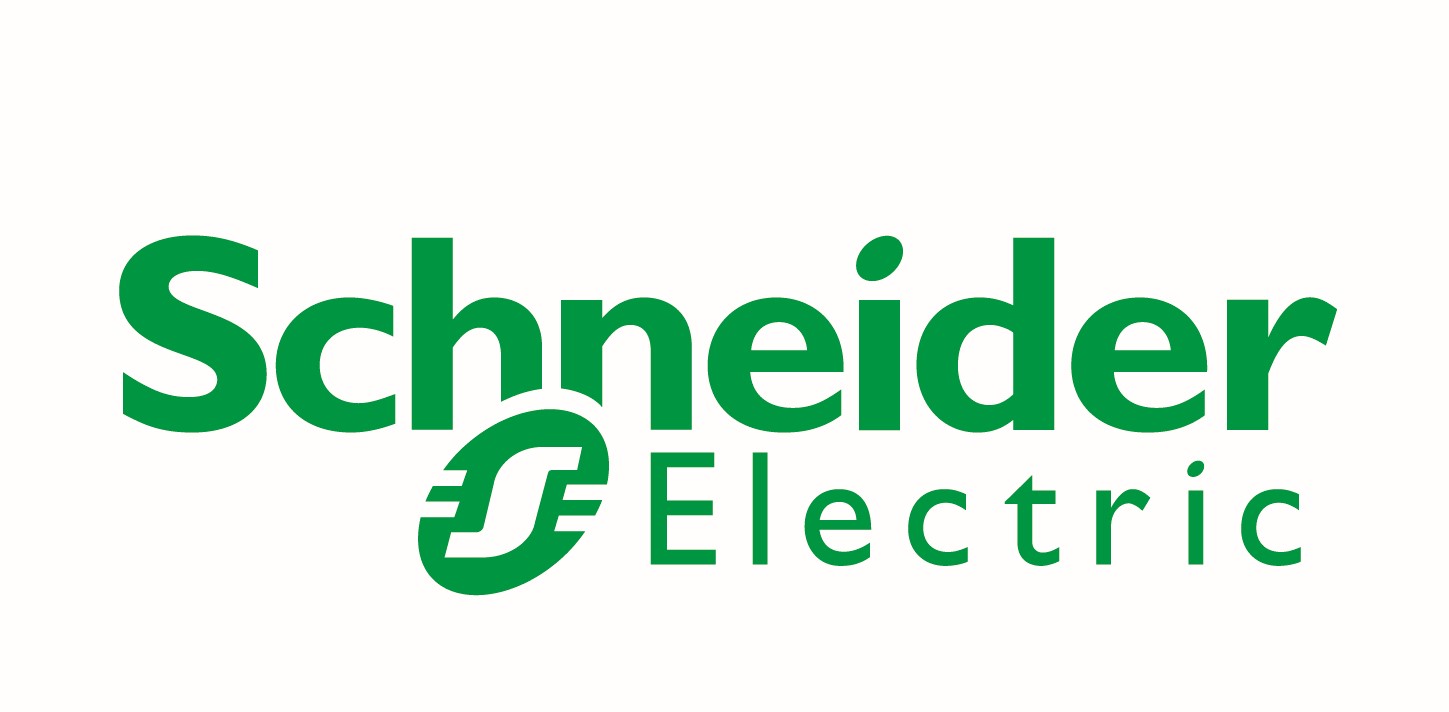
By Adedapo Adesanya
Schneider Electric has embarked on a mission to empower youths for a sustainable energy future with a commitment to train one million youths in energy management and industrial automation by 2025.
According to the United Nations, more than 1.8 billion people aged between 10 and 24 years account for 1 in 6 people worldwide, and almost 90 per cent of them live in developing countries. Therefore, there is an urgency to equip young people with relevant and upgradable skills to become the next generation of energy leaders.
Speaking to journalists, the Access to Education Coordinator of Schneider Electric for Nigeria, Ms Funmilayo Olakitan, drew attention to Schneider Electric’s mission alignment with the United Nations’ Sustainable Development Goals (SDGs).
“Schneider Electric’s youth empowerment mission aligns with the two Sustainable Development Goals (SDGs) Quality Education, and Decent Work and Economic Growth. This strategic alignment reinforces the company’s dedication to fostering long-lasting impact through education and meaningful employment opportunities.”
In commitment to achieving this goal in Nigeria, Funmilayo Olakitan highlighted some of the recently signed partnerships, “A recent stride towards achieving this goal is our collaboration with the Lagos State Technical and Vocational Education Board (LASTVEB). LASTVEB has a curriculum they operate for training, and in partnership with Schneider Electric, our aim is to train 5000 youths in five years. Similarly, a partnership was recently signed with the Federal University of Technology Owerri (FUTO) to train over 1800 youths in five years,” she said.
Reflecting on Schneider Electric’s empowerment mission, the Marketing Communications Manager at Schneider Electric West Africa, Ms Omobolanle Omotayo, said, “We created the electricians training programme and equipped 300 unemployed youths, in partnership with the National Power Training Institute of Nigeria (NAPTIN), and the French Development Agency (AFD), to improve the quality of domestic and commercial electrical installations.”
Significant collaboration between Schneider Electric and the Deutsche Gesellschaft fur International Zusammenarbeit (GIZ) was made, resulting in a solar training program tailored for underprivileged Nigerians across three training centres: Railway Technical Institute (RTI), Yaba College of Technology, and ETIWA Vocational Training School.
Speaking further on partnerships with institutions on Technical and Vocational Education and Training (TVET), Ms Olakitan said, “Technical and Vocational Education and Training (TVET) has remained central to Schneider Electric’s efforts.
“We have collaborated with Covenant University, University of Lagos, Don Bosco Ghana, and Village Exchange Ghana to transfer expertise to students who want to acquire training in sustainable energy solutions.”
General
DSS Accuses Malami, Son of Terrorism Financing in Court
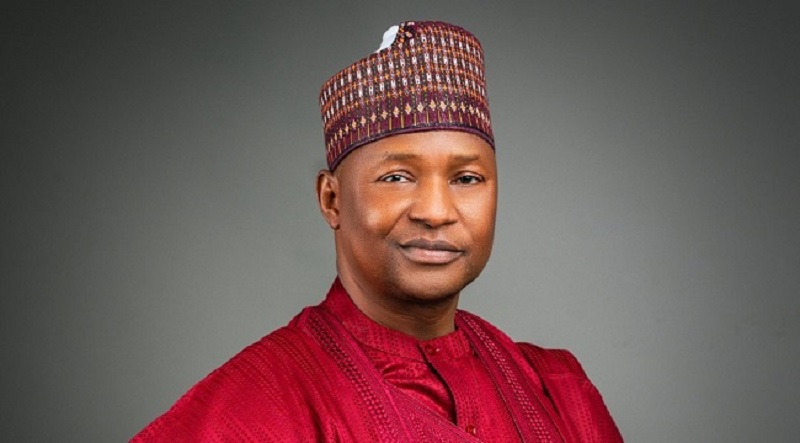
By Adedapo Adesanya
The Department of State Services (DSS) has arraigned the former Attorney General of the Federation (AGF) and Minister of Justice, Mr Abubakar Malami, and his son, Mr Abudlazizz Malami, on a five-count charge of abetting terrorism financing and illegal possession of firearms.
They were arraigned before Justice Joyce Abdulmalik of the Federal High Court in Abuja, where they pleaded not guilty to the charges.
In the charge, the former AGF was accused of knowingly abetting terrorism financing by refusing to prosecute terrorism financiers whose case files were brought to his office as the AGF in the last administration for prosecution.
Recall that the secret police had arrested Mr Malami, shortly after his release from Kuje prison in Abuja more than two weeks ago after Justice Emeka Nwite of the Federal High Court in Abuja granted him and two others bail in the sum of N500 million in another case involving the Economic and Financial Crimes Commission (EFCC).
Mr Malami and his son are also accused by the DSS of engaging in conduct in preparation to commit act of terrorism by having in their possession and without licence, a Sturm Magnum 17-0101 firearm, 16 Redstar AAA 5’20 live rounds of Cartridges and 27 expended Redstar AAA 5’20 Cartridges.
His arrest in January followed weeks of reports of surveillance by the secret police in front of the prison facility since the time Mr Malami, his wife and son were remanded there over the money laundering charges.
As per reports, Mr Malami had gathered that he would be picked up upon regaining his temporary freedom and so decided to wait out the DSS. However, after his eventual emergence, the operatives took the ex-AGF into detention again.
General
Lagos Launches Coastal Community Responder Programme for Waterways Safety
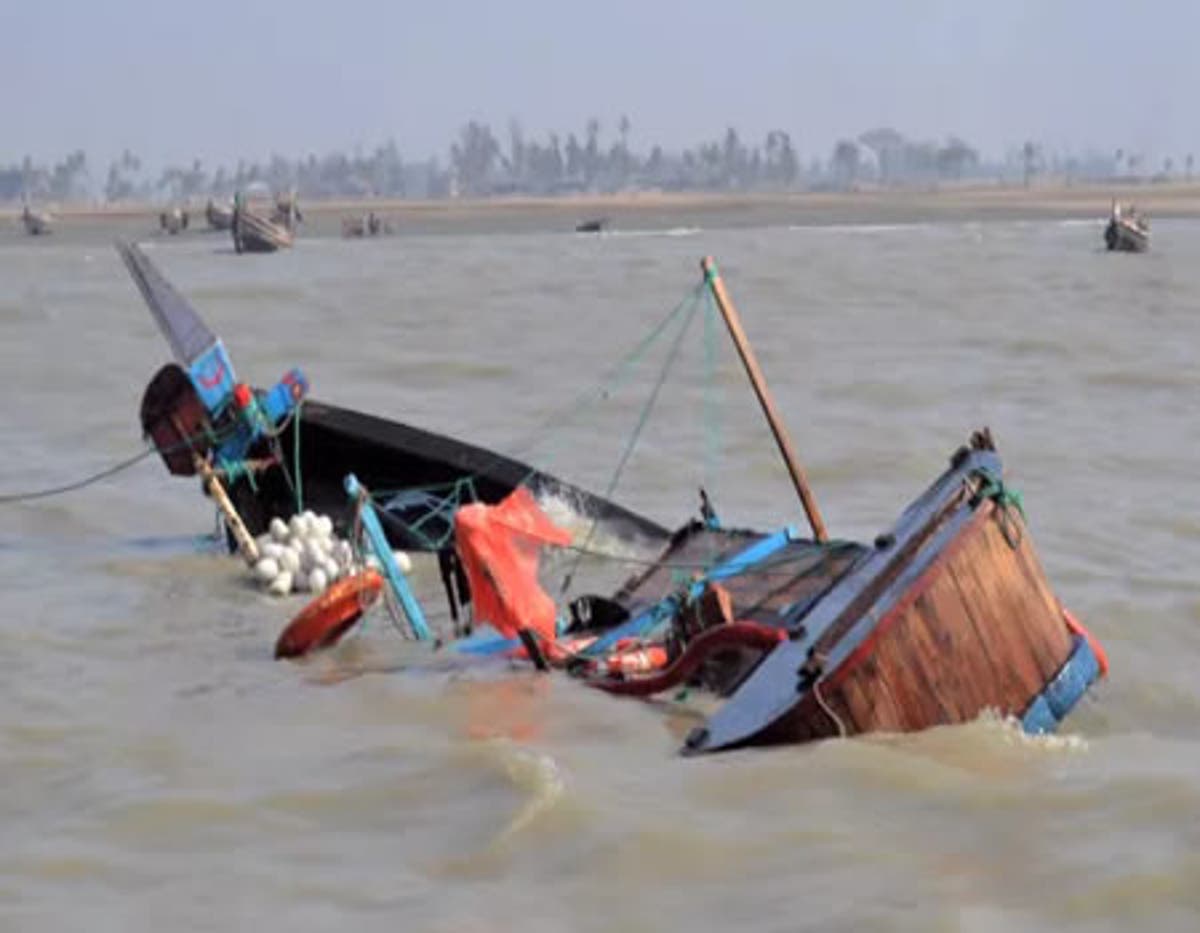
By Adedapo Adesanya
The Lagos State Waterways Authority (LASWA) has initiated an inter-agency partnership with the Centre for Rural Development (CERUD) to establish the Coastal Community First Responder Programme (CCFRP).
The first responder programme is aimed at promoting safe and secure transportation across Lagos waterways.
The initiative was unveiled during a meeting between a LASWA delegation and officials of the Ministry of Local Government, Chieftaincy Affairs and Rural Development at the secretariat in Alausa.
Leading the LASWA team, Mr Olademeji Shittu said the programme is designed to reduce fatalities and material losses on Lagos waterways, particularly in hard-to-reach coastal communities.
According to Mr Shittu, the CCFRP will focus on empowering community volunteers through targeted capacity building for sustainable rural development, while also equipping them with relevant skills that can enhance employability within the maritime sector.
He noted that trained volunteers will serve as community-based first responders, working in close collaboration with LASWA to strengthen search and rescue operations.
Providing the rationale for the programme, Mr Shittu highlighted the recurring cases of marine incidents and fatalities on Lagos waterways, often worsened by delayed emergency response in remote coastal areas.
He explained that residents of these communities are usually the first on the scene during accidents, making it necessary to formalise their role through structured training and partnerships.
He added that the collaboration with CERUD will help create a sustainable framework that aligns community development with safety and emergency response, while fostering a sense of ownership and responsibility among coastal residents.
According to a statement, the Coastal Community First Responder Programme is expected to enhance emergency preparedness on Lagos waterways, improve response times during marine incidents, and contribute to safer water transportation across the state.
General
NLC, TUC Suspend Planned Protest, Ask FCTA Workers to Resume
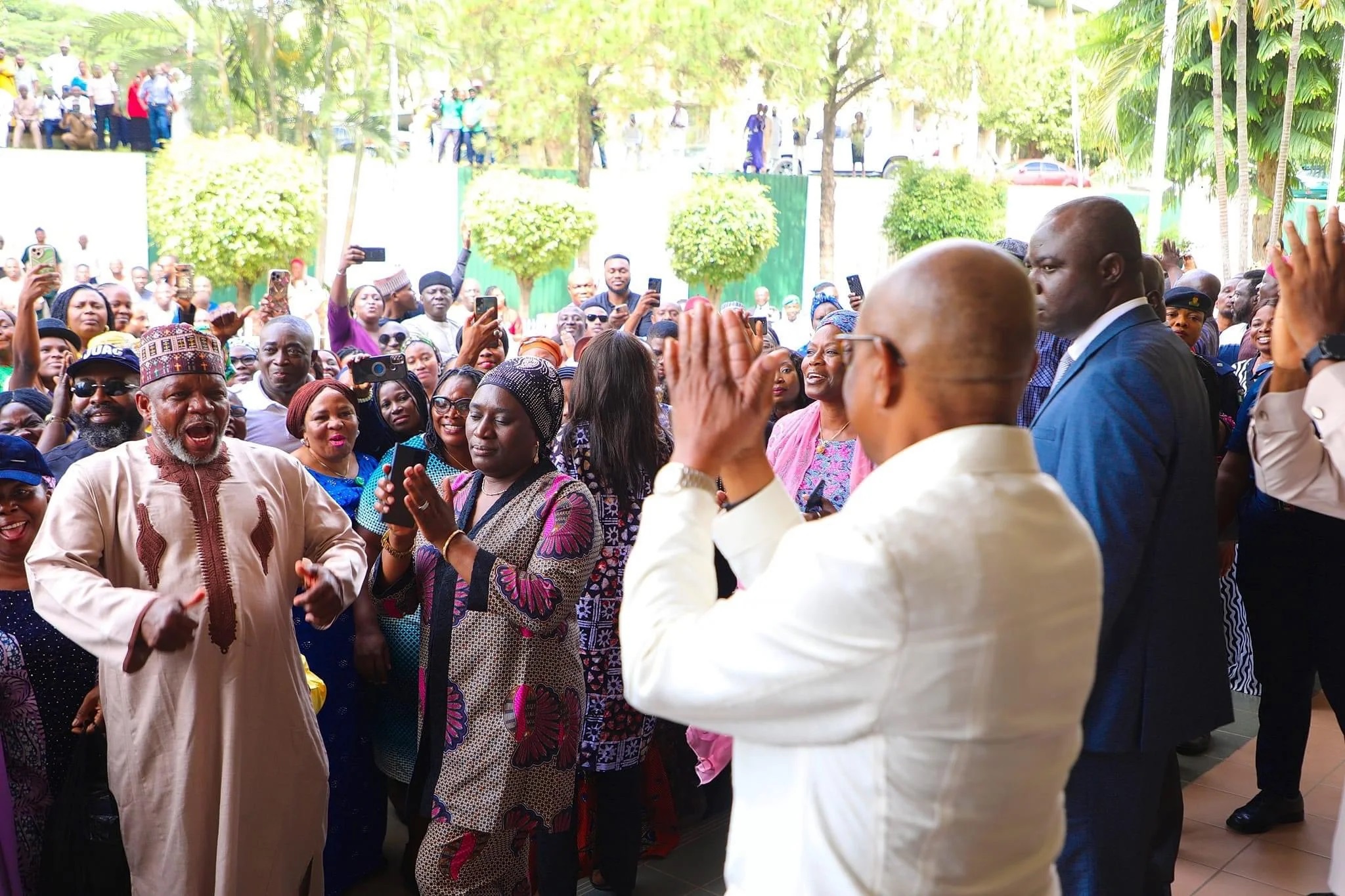
By Adedapo Adesanya
The Nigeria Labour Congress (NLC) and the Trade Union Congress (TUC) have suspended their planned protest in the Federal Capital Territory and instructed workers under the Federal Capital Territory Administration (FCTA) to return to their duties with immediate effect.
The directive followed an overnight engagement involving labour leaders, the Minister of the FCT, Mr Nyesom Wike, and members of the Senate Committee on the FCT.
The meeting, which began late on Monday, stretched into the early hours of Tuesday, culminating in an agreement that led to the unions’ decision to halt the protest action and restore normal activities across FCTA offices.
This comes after Justice Emmanuel Subilim of the National Industrial Court issued an interim order restraining the NLC, TUC, and three others from embarking on any form of industrial action or protest.
Ruling on an ex-parte application filed by the Minister of the FCT and the FCT Administration, Justice Subilim granted an interim order restraining the 1st to 5th respondents and their privies or agents from embarking on strike pending the hearing of the motion on notice, also ordering the 5th-9th defendants who are security agencies to ensure no break down of law and order.
The ex-parte motion, which was filed by the counsel to Mr Wike and the FCTA, Ogwu Onoja, submitted that the Chairman of the FCT council had sent a message of mobilization to members and affiliated unions for a mass protest scheduled for February 3.
This move, he noted, was in violation of the orders of court, adding that after the ruling of the court on January 27, the order of the court was served on the defendants, same day the NLC and TUC issued a statement to all affiliated unions to intensify and sustain the strike.
The statement jointly signed by both unions directed that the striking workers should resume the strike as the unions’ counsel, Mr Femi Falana, has filed an appeal against the interlocutory ruling.
He further pointed out that With the statement, JUAC issued a circular directing all employees to continue the strike.
This position they say is aimed at causing break down of law and order in the Nations capital.
The court subsequently adjourned the case until February 10 for hearing.
-

 Feature/OPED6 years ago
Feature/OPED6 years agoDavos was Different this year
-
Travel/Tourism9 years ago
Lagos Seals Western Lodge Hotel In Ikorodu
-

 Showbiz3 years ago
Showbiz3 years agoEstranged Lover Releases Videos of Empress Njamah Bathing
-

 Banking8 years ago
Banking8 years agoSort Codes of GTBank Branches in Nigeria
-

 Economy3 years ago
Economy3 years agoSubsidy Removal: CNG at N130 Per Litre Cheaper Than Petrol—IPMAN
-

 Banking3 years ago
Banking3 years agoSort Codes of UBA Branches in Nigeria
-

 Banking3 years ago
Banking3 years agoFirst Bank Announces Planned Downtime
-

 Sports3 years ago
Sports3 years agoHighest Paid Nigerian Footballer – How Much Do Nigerian Footballers Earn







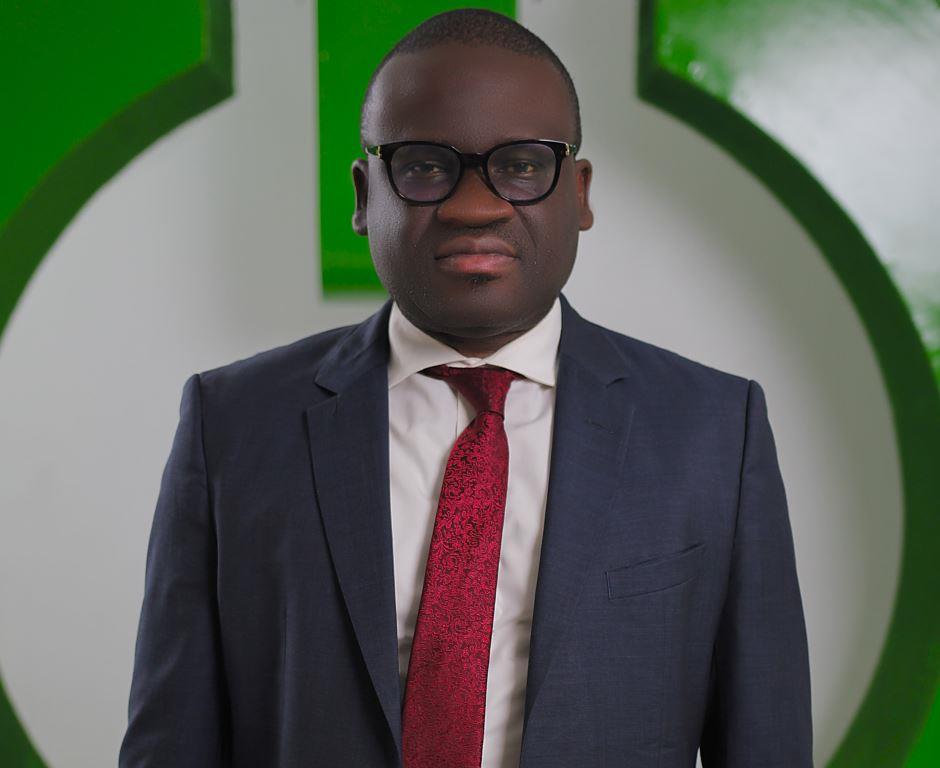
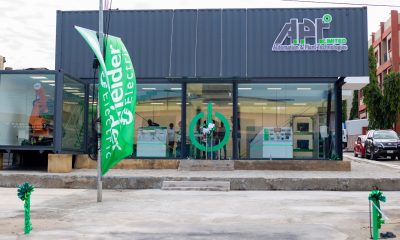











Pingback: Schneider Electric to Train One Million Youths in Energy Management - Bank of Africa